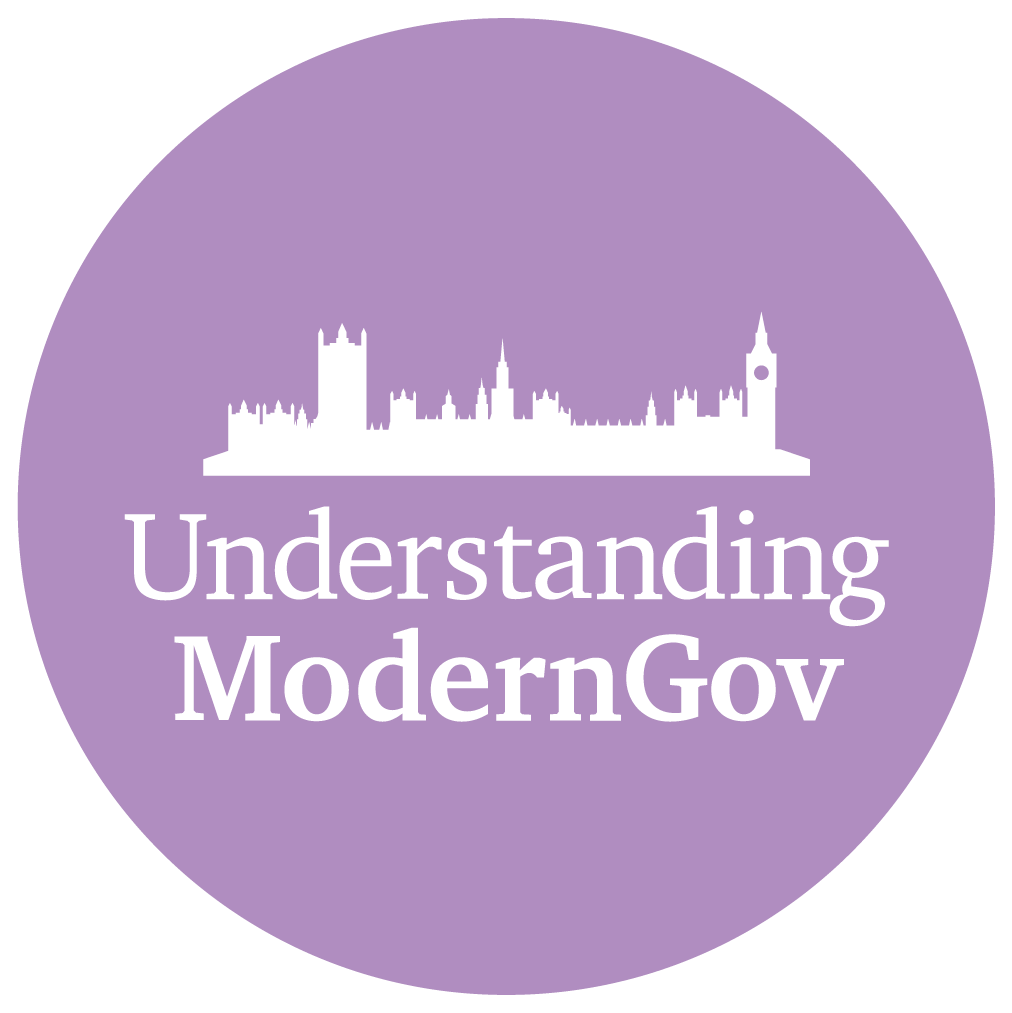
COURSES > ANALYTICS
Understanding Statistical Analysis
Statistics for Non-Statisticians
Previously Chaired by
Alex Bottle
Sorry, we don’t have any upcoming dates available for individuals.
All of our training courses can be tailored specifically for your team or organisation and presented at your offices, at another suitable location or virtually.
Overview
As the public sector continues to depend on statistics to provide better services, it is crucial for public sector professionals to embrace a more statistical mindset to drive performance and enhance decision making.
By being able to identify common data flaws and key statistical concepts, organisations can make informed decisions, solve problems, and measure the effectiveness of strategies and forecasting plans.
Led by experienced Statistician, Alex Bottle, our highly interactive and CPD certified Understanding Statistical Analysis course equips you with the skills to avoid these errors, ask better questions of your data and get better value for money.
Leave the day with an understanding of key statistical concepts and the confidence to make more informed decisions, create simple but impactful forecasting plans and interpret data-rich reports.
Alex is an experienced statistician, speaker and tutor who uses a range of data sources and presentational methods to help hospitals and clinicians improve their performance.
After his first job as a statistician with a large pharmaceutical company, Alex moved to Imperial College London and gained a PhD in Epidemiology. He was seconded to the Shipman Public Inquiry to investigate how statistics could be used to detect GPs like Shipman with high death rates. Since 2002, his research has focused on measuring the quality and safety of healthcare using large databases.
Alex Bottle
Learning Outcomes
Understand basic statistical terms and concepts
Ask more relevant questions of your data to enhance decision making
Understand how to analyse statistics to improve the performance of your organisation
Learn how to examine trends and effectively forecast to make more effective business decisions
All the Understanding ModernGov courses are Continuing Professional Development (CPD) certified, with signed certificates available upon request for event.
Enquire About Bespoke Team Training
0800 542 9414
InHouse@moderngov.com
Agenda
09:25 - 09:30 Registration
09:30 - 09:45 Trainer’s Welcome and Clarification of Learning Objectives
09:45 - 10:45 First Steps: Some Basic Statistical Terms
What is statistical thinking and why does it matter?
Types and examples of quantitative data: continuous, categorical, count
Some common distributions in the real world, e.g. normal, bimodal, uniform, skewed
When averages are misleading
Key terms such as mean, mode, median, percentile, standard deviation, range, ratio, probability and risk, odds, accuracy vs precision
10:45 - 11:00 Morning Break
11:00 - 12:00 Understanding Variation 1: Describing Variation and Randomness
Quantifying variation
What is randomness? Why and when is it a problem
Exercise: quick demo of randomness in action
The role of chance and how to assess it (hypothesis testing)
Exercise on assessing how much variation exists between teams
12:00 - 13:00 Understanding Variation 2: Sampling Strategies and Bias
Options for surveying customers and staff: sampling strategies
Measurement error and precarious data
Exercise: how satisfied are my customers?
13:00 - 14:00 Lunch
14:00 - 14:45 Associations and Trends
Correlation vs. causation
The linear trend: concept of least squares and choosing line of best fit
Types of trends: linear, exponential rise or fall, step change, seasonal, other non-linear
Exercise: what’s the trend here?
14:45 - 15:00 Afternoon Break
15:00 - 16:00 Forecasting and Getting It Wrong
The Trainer will facilitate a group discussion around the ways in which forecasts can go wrong and the ways to reduce the risk of this happening
Extrapolating from a linear trend
How to choose between linear and non-linear trends in Excel
Common cognitive biases that affect data interpretation and decision making
16:00 - 16:15 Feedback, Evaluation & Close
Become Part of the Understanding ModernGov Community


